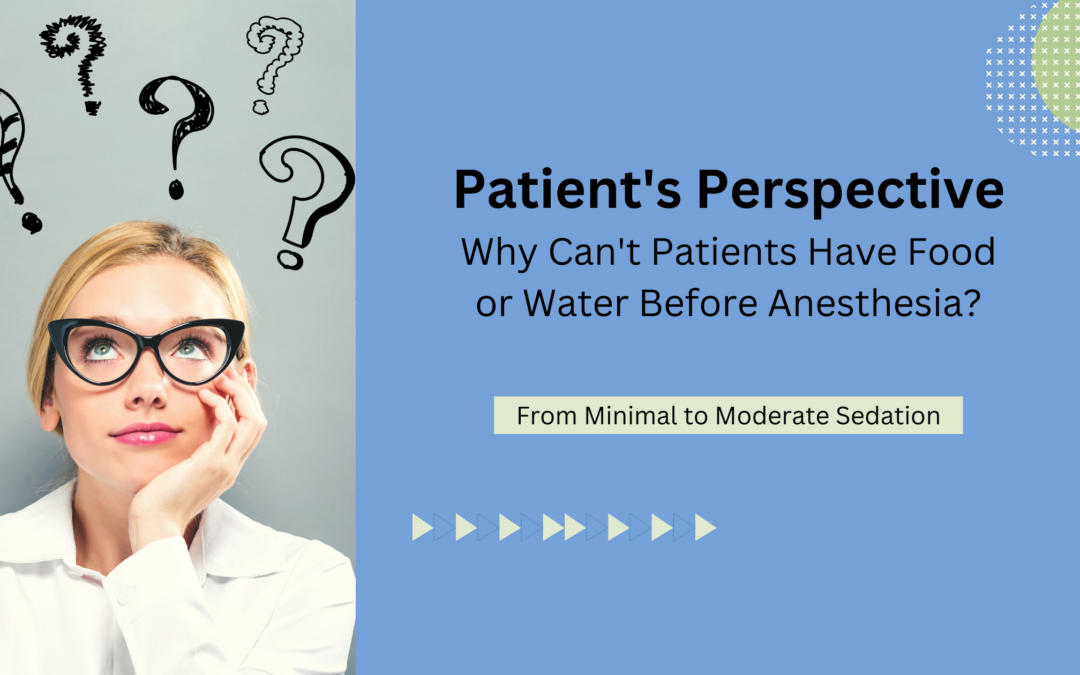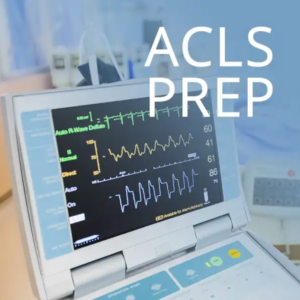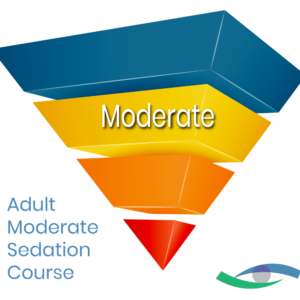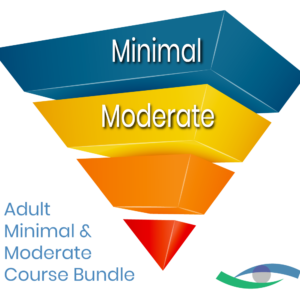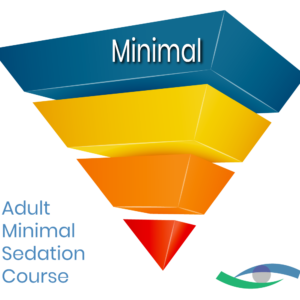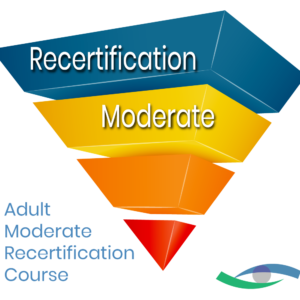If you’ve ever had surgery, you’ve probably been told not to eat or drink anything beforehand. But why is that? Let’s break it down in simple terms.
Why Fasting Matters
The main reason you need to fast is to prevent something called aspiration. When you’re under anesthesia, your body’s reflexes are asleep too. This means if you have food or liquid in your stomach, there’s a chance it could come back up and get into your lungs. This can cause serious problems like pneumonia or block your airways. An empty stomach makes this much less likely.
What Happens in Emergencies?
You might wonder, “What if I’m in an accident and need surgery right away?” In emergencies, doctors must act fast and can’t wait for you to fast. They have special techniques to handle these situations safely. But when surgery is planned, fasting is a crucial step to avoid complications.
If you have ever had a complication with anesthesia, your doctor may ask you to wear a medical alert bracelet that tells medical staff what the issue may be. That way they can adjust what their plan may be in an emergency.
TV vs. Reality
TV shows skip the fasting part. Characters go from eating a big meal to having surgery in no time. In real life, it doesn’t work like that. The fasting rule is there for a reason: your safety. TV shows also show a bad guy caught and convicted in one episode, a heart received for a transplant patient the same day they found out they needed a new heart, and women running in extremely high heels through the woods. TV obviously doesn’t align with how real life works; they have to fit everything into a small amount of time and make it entertaining.

How Long Do You Need to Fast?
For the most part, we really want you to refer to the section above and tell you that while we try to give you the most accurate information possible, you do need to consult your medical care team for the exact amount of time. Just like you shouldn’t take medical advice from whatever Mc’gorgeous doctor is gracing your TV this week, your doctors and nurses should not be replaced by “Doctor Google.”
A general guide is; that for planned surgeries, you usually need to stop eating solid food six to eight hours before the procedure. Clear liquids like water can be consumed up to two hours before. This ensures your stomach is empty, reducing the risk of aspiration.
Your Role in a Safe Surgery
Following fasting instructions is a key part of preparing for surgery. It might seem annoying, but it’s about ensuring everything goes smoothly and safely. If you have any questions or concerns, don’t hesitate to ask your healthcare team. They’re there to help you understand the process and keep you safe.
So next time you’re told to fast before surgery, remember: it’s all about keeping you safe and making sure your procedure goes as smoothly as possible.
The National Sedation Center
The National Sedation Center offers comprehensive courses to provide a solid foundation for practitioners to provide minimal and moderate sedation. We also work to provide information to patients in hopes that informed patients help increase patient safety.

